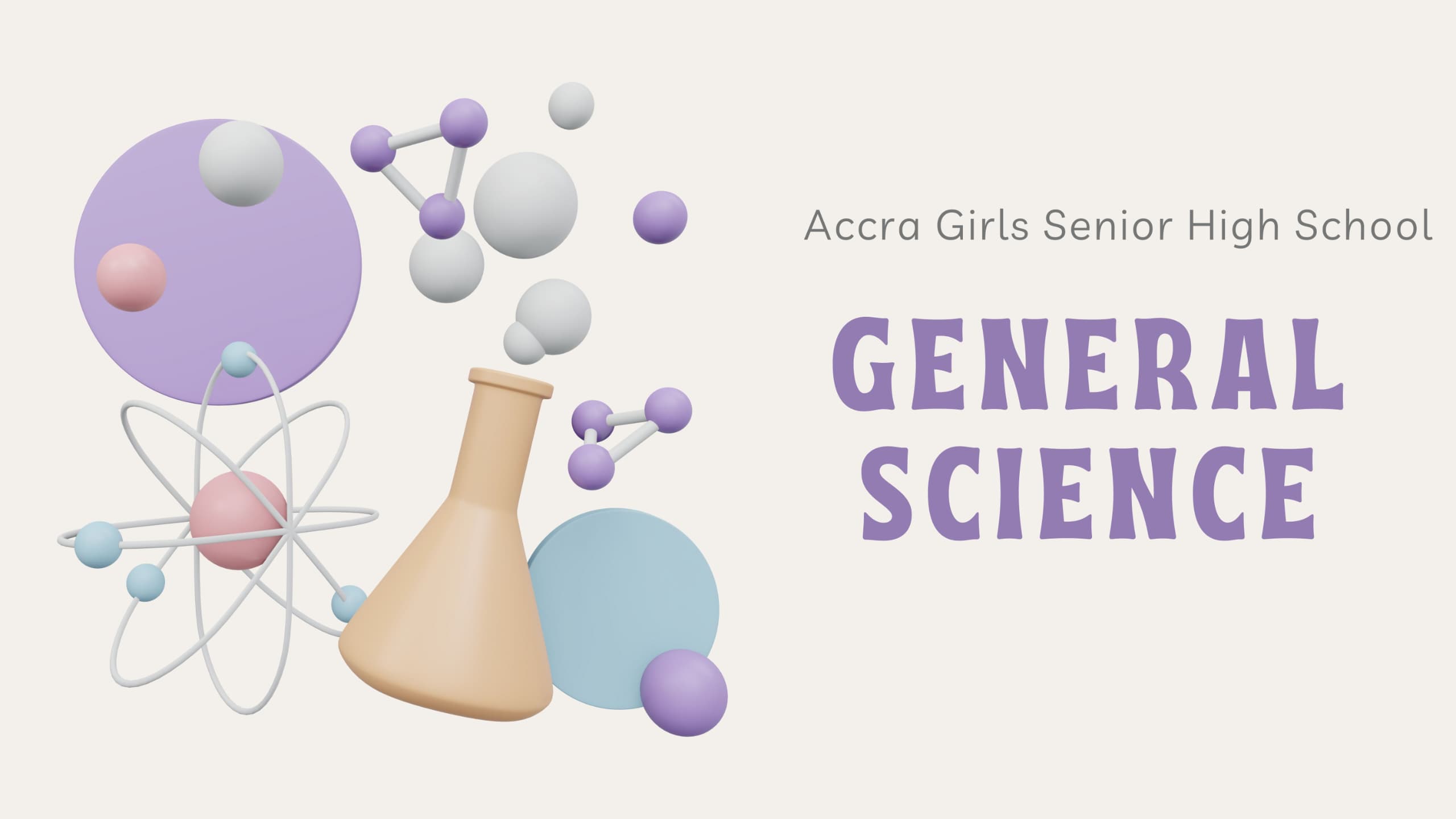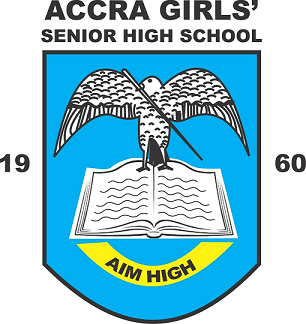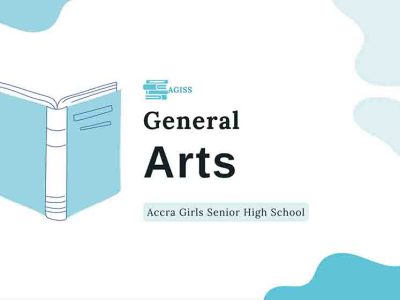General Science

COURSE DESCRIPTION
The General Science course at Accra Girls’ Senior High School is a comprehensive program designed to provide students with a solid foundation in the fundamental principles of various scientific disciplines. This interdisciplinary course covers key areas such as Chemistry, Physics, Elective Mathematics (E. Maths), Biology, Geography, and Information and Communication Technology (ICT). Through a blend of theoretical concepts and practical applications, students will enhance their analytical skills and gain a deeper appreciation for the interconnectedness of scientific knowledge.
Key Learning Areas:
- Chemistry:
In the chemistry segment, students will explore the properties, composition, and reactions of matter. Key topics include atomic structure, chemical bonding, stoichiometry, acids and bases, and organic chemistry. Laboratory experiments will provide hands-on experience, allowing students to apply their theoretical knowledge to real-world scenarios and develop critical scientific skills. - Physics:
The physics component introduces students to the fundamental concepts governing the physical world. Topics covered include mechanics, energy, waves, electricity, and magnetism. Through practical experiments and problem-solving exercises, students will develop a clear understanding of physical laws and their applications in everyday life. - Elective Mathematics (E. Maths):
This area focuses on advanced mathematical concepts and techniques essential for scientific analysis. Topics may include algebra, calculus, statistics, and probability. Students will learn to apply mathematical principles to solve complex scientific problems and analyze data effectively. - Biology:
The biology segment covers the study of living organisms and their interactions with the environment. Key topics include cell biology, genetics, evolution, ecology, and human anatomy. This section emphasizes the importance of biodiversity, environmental conservation, and the role of biology in health and medicine. - Geography:
In geography, students will explore the relationship between human activities and the physical environment. Topics may include land use, climate change, population dynamics, and resource management. This area encourages students to understand the geographic factors influencing societies and the impact of environmental changes on communities. - Information and Communication Technology (ICT):
The ICT component focuses on the use of technology in scientific research and data analysis. Students will learn to use various software and tools to collect, analyze, and present scientific data. This area enhances their digital literacy and prepares them for future academic and professional pursuits.
SUBJECT COMBINATIONS
| Option 1 (S1) | Option 2 (S2) | Option 3 (S3) | Option 4 (S4) |
| CHEMISTRY | CHEMISTRY | CHEMISTRY | CHEMISTRY |
| PHYSICS | PHYSICS | PHYSICS | PHYSICS |
| E. MATHS | E. MATHS | E. MATHS | E. MATHS |
| BIOLOGY | BIOLOGY | BIOLOGY | GEO/BIO/ICT |
COURSE OBJECTIVES
- To provide a broad understanding of key scientific concepts in chemistry, physics, biology, and geography.
- To develop practical laboratory skills and enhance problem-solving abilities through hands-on experiences.
- To foster critical thinking and analytical skills necessary for scientific inquiry and decision-making.
- To encourage an appreciation for the role of science in understanding and addressing global challenges.
- To integrate technology into scientific research and data analysis, preparing students for the digital age.
Through engaging lectures, collaborative projects, and practical experiences, the General Science course prepares students for advanced studies in the sciences and encourages them to think critically about scientific issues affecting society. By the end of the course, students will possess the knowledge and skills necessary to navigate the complexities of the scientific world, laying a strong foundation for future academic and career pursuits in various scientific fields.




